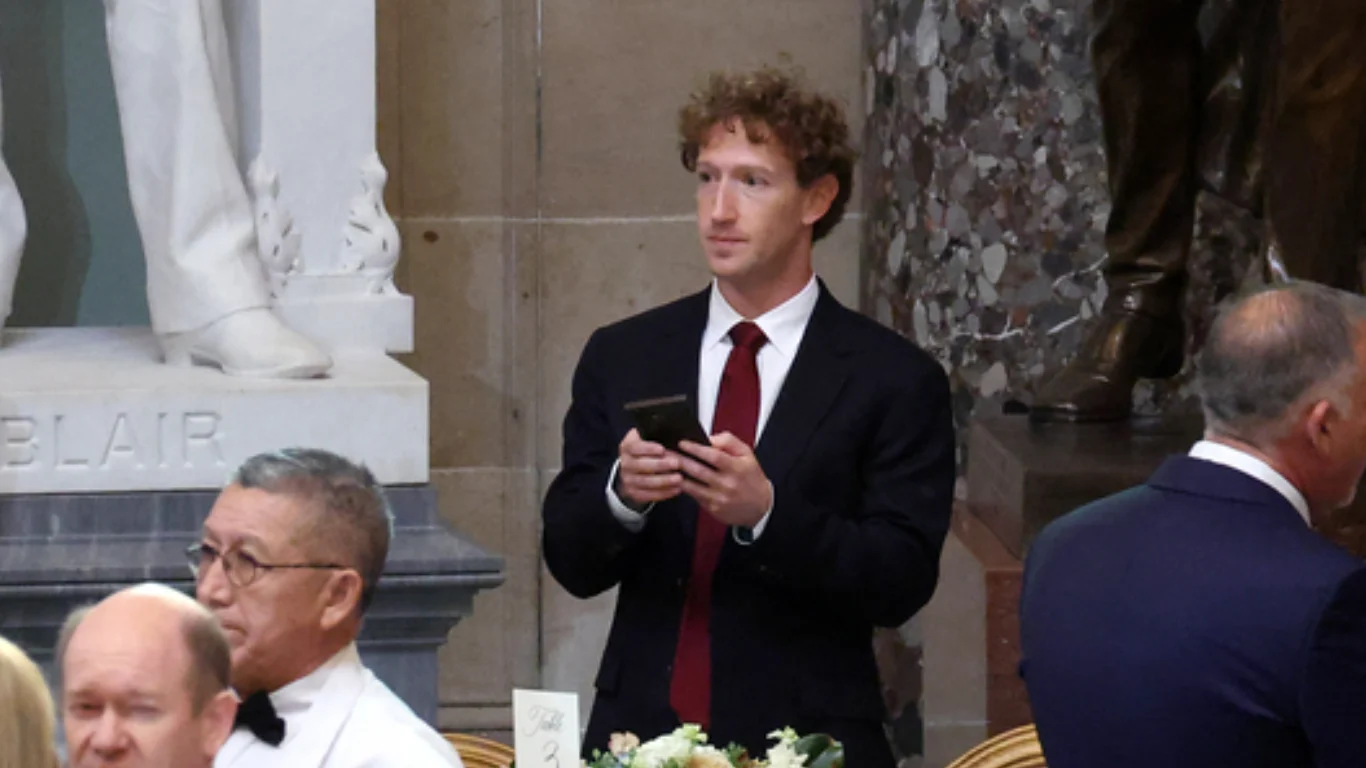
On Monday, April 14, 2025, the U.S. Federal Trade Commission (FTC) launched its landmark antitrust trial against Meta Platforms Inc., marking a pivotal moment in the government’s ongoing campaign to challenge the dominance of Big Tech. Taking place in a federal courtroom in Washington, D.C., the trial represents a culmination of nearly six years of legal maneuvering and could lead to the most significant regulatory intervention in the tech industry since the Microsoft antitrust case of the 1990s. The case centers on Meta’s high-profile acquisitions of Instagram in 2012 for $1 billion and WhatsApp in 2014 for $19 billion.
According to the FTC, these deals were not merely growth strategies—they were calculated moves to eliminate emerging competition, protect Meta’s dominance in the personal social networking space, and stifle future innovation. The FTC alleges that by buying out these platforms before they could become legitimate competitors, Meta effectively boxed out rivals and built an impenetrable digital ecosystem. U.S. District Judge James Boasberg, who is overseeing the trial, will preside over what is expected to be a seven-to-eight-week legal showdown. The courtroom drama will feature a slate of high-profile witnesses and an avalanche of internal documents and emails, many of which paint a candid picture of Meta’s internal decision-making.
Among the most notable pieces of evidence is a 2008 email from CEO Mark Zuckerberg stating, “it is better to buy than compete,” a phrase the FTC has repeatedly cited as indicative of Meta’s monopolistic intent. At stake is not just the future of Meta’s corporate structure, but the broader direction of antitrust enforcement in the digital age. If the FTC succeeds, the court could order Meta to divest Instagram and WhatsApp—a potentially precedent-setting move that would send shockwaves through Silicon Valley. The road to trial has been long and fraught. The FTC’s investigation began under the Trump administration and carried into the Biden presidency, with the case encountering numerous challenges, including questions over whether the government can retroactively challenge mergers that were already reviewed and approved. Meta has vigorously contested the lawsuit at every step, arguing that the FTC’s case is flawed, outdated, and fails to account for today’s highly competitive digital marketplace. During the trial, the FTC will attempt to prove that Meta’s acquisitions were anticompetitive and that the company has since leveraged its dominance to suppress rivals and limit consumer choice.
To bolster its case, the Commission plans to call several key witnesses, including Zuckerberg himself, former COO Sheryl Sandberg, and Instagram chief Adam Mosseri. Their testimonies are expected to shed light on Meta’s acquisition strategies and how decisions were made internally. Zuckerberg’s testimony will be especially closely watched. As the founder and CEO of Meta, his influence over company strategy has been well documented. According to The Wall Street Journal, Zuckerberg even personally lobbied then-President Donald Trump to encourage the FTC to abandon its investigation—an allegation Meta strongly denies. The relationship between Zuckerberg and Trump was notably strained, particularly after Meta banned Trump from its platforms in the wake of the January 6, 2021, Capitol riot. In the days leading up to the trial, Meta has been vocal in its defense. Company spokesperson Christopher Sgro described the FTC’s lawsuit as “divorced from reality,” insisting that Meta operates in an intensely competitive environment. “The evidence at trial will show what every 17-year-old in the world knows: Instagram, Facebook, and WhatsApp compete with Chinese-owned TikTok, YouTube, X, iMessage, and many others,” Sgro said. Meta’s legal team has made clear that it believes the trial is not only unjustified but also dangerous in terms of precedent.
The company argues that its acquisitions led to better, more secure, and more feature-rich products for billions of users globally. Breaking the company apart, they say, would cause unnecessary disruption for users and could chill innovation throughout the tech sector. Moreover, they claim that reopening long-approved mergers sends a destabilizing signal to startups and investors—that no deal, no matter how thoroughly reviewed, is ever truly final. Nonetheless, the risk to Meta is considerable. If the FTC prevails, Judge Boasberg could order a breakup of the company’s assets, forcing Meta to spin off Instagram and WhatsApp into independent entities. Such an outcome would mark a watershed moment in American antitrust law, signaling a willingness by the courts to take bold action even years after mergers have been completed. Yet the FTC faces an uphill battle. Legal scholars point out that undoing a merger after more than a decade is rare and difficult to achieve.
The Commission must not only prove that Meta’s past conduct violated antitrust laws but also demonstrate that the harm to competition is ongoing and that divestiture is the necessary remedy. Courts are generally cautious in such matters, especially when consumer prices remain low and product quality has improved—two factors that typically weigh against claims of anticompetitive harm in traditional antitrust analysis. Still, for many regulators, activists, and industry watchers, this trial is long overdue.
They argue that federal oversight of Big Tech has lagged dangerously behind the rapid growth of these companies, enabling them to consolidate influence and stifle potential challengers with impunity. Critics of Meta point to its control over multiple core communication platforms—Facebook, Instagram, WhatsApp, and Messenger—as emblematic of a system where a single company can dominate the flow of information for billions of users around the world. This trial, then, is about more than Instagram and WhatsApp. It’s about whether U.S. regulators have the tools—and the political will—to hold Big Tech accountable in an era where market power is measured not just in dollars, but in data, influence, and attention.
As the courtroom proceedings unfold, Judge Boasberg’s rulings will be closely scrutinized. The trial’s outcome could redefine what constitutes monopoly power in the digital economy, recalibrate how regulators approach merger reviews, and shape the future of corporate consolidation in tech.

















